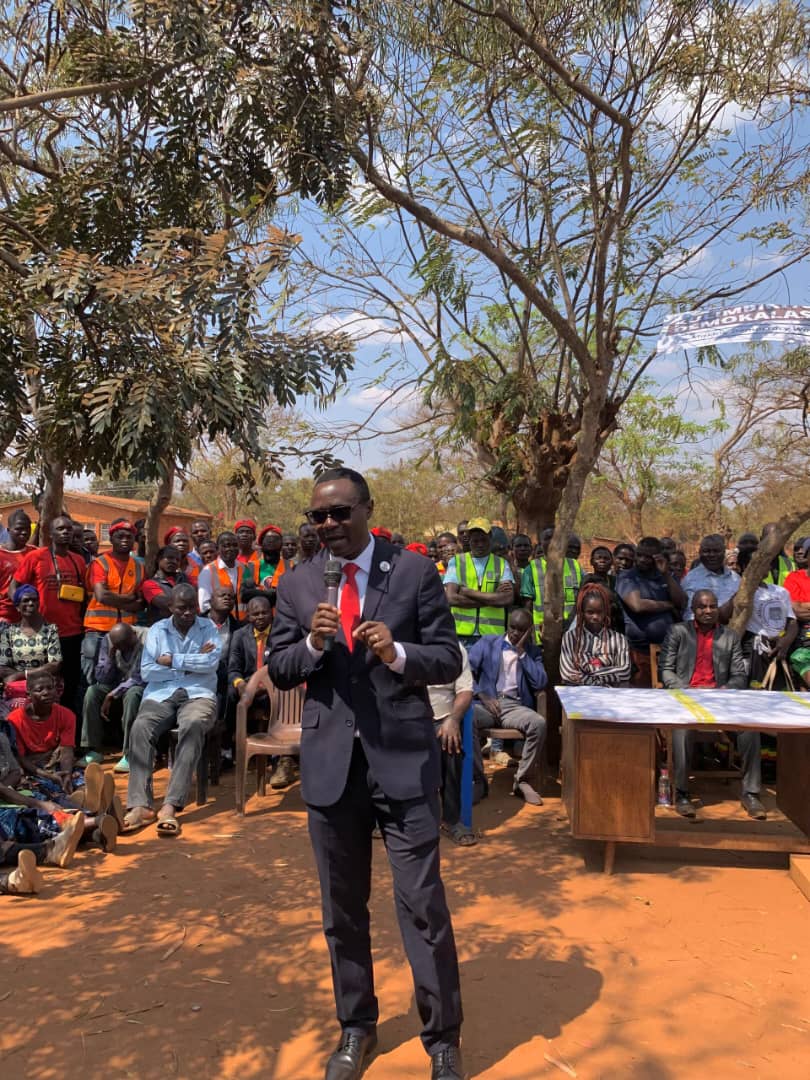The National Initiative for Civic Education (NICE) Public Trust has cautioned politicians vying for various positions in the September 16 General Elections against promising development projects, which are not within their jurisdictions.
NICE District Program Officer Daniel Malango feared that promising something a candidate cannot deliver could create false perceptions and expectations, which would eventually affect voter turnouts in future elections, as the electorate loses trust in their elected leaders.
Malango made the sentiments in Lilongwe North West Constituency where his organization conducted a political debate, observing that, since the advent of multiparty democracy, campaign manifestos have become a source of disquiet to the voters, as politicians make temporary promises to satisfy voters during each new election campaign.
“Promising what you cannot deliver raises the public’s expectations, creating false perceptions that, following the election, communities will receive the services promised; and when this is not done, the electorate feels used and dumped. Over the decades, election manifestos and campaigns of participating contestants have shared a series of recurring themes since 1994: arresting poor service delivery in government; improving basic service delivery; developing infrastructure; fighting corruption and creating employment. But when these promises are not fulfilled, the voters feel deceived and disgruntled,” he said.
During the debate, the Malawi Congress Party (MCP) aspiring lawmaker for Lilongwe North West Constituency, Dr. Mphatso Boti, asked NICE to take a leading role in educating and sensitizing voters on the recently enacted anti-handouts law.
The law prohibits contenders from giving cash or anything valuable to voters during an election period to influence a person to vote for or refrain from voting. Any candidate found violating this law could be charged for bribery.
However, the implementation of this legal provision seems to have displeased voters who were ultimate beneficiaries of freebies during campaign.
Boti therefore emphasized the need for NICE to bring awareness to the electorate about the intention and significance of this legal provision.
